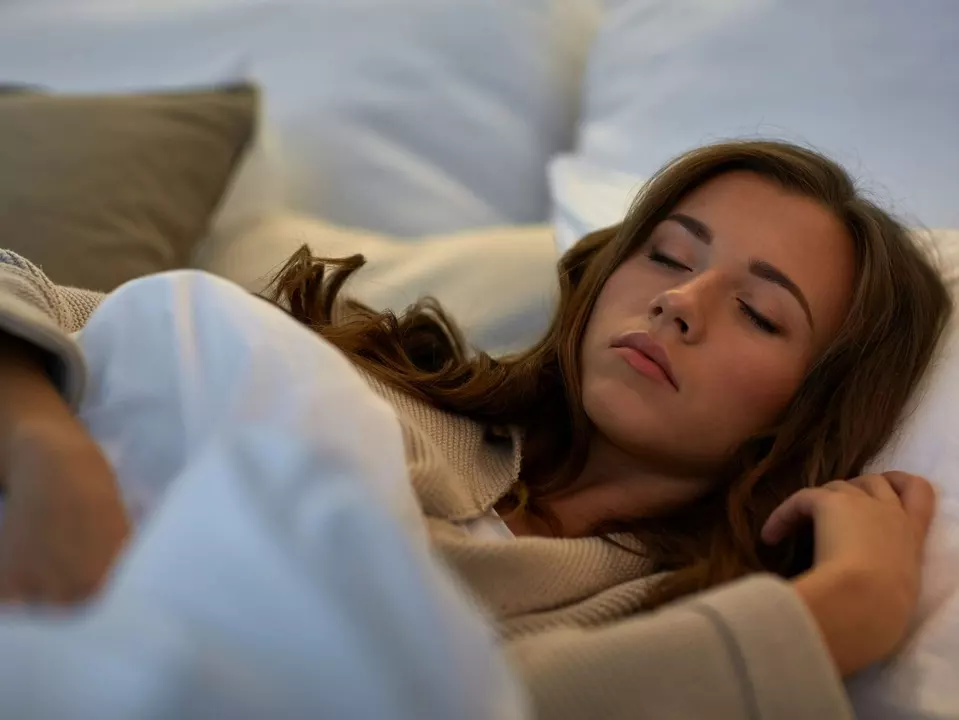Sleep: Practical Tips, Medications, and Safety You Can Use Tonight
Struggling to sleep? You’re not alone. This page gives straight, usable advice—no jargon—on improving sleep, what medicines actually do, and safety tips so you don’t make things worse. Read the quick fixes, then use the deeper tips to build steady habits.
Practical habits that help right away
Start with small changes. Go to bed and wake up at the same time every day, even weekends. Dim lights an hour before bed and put screens away—the blue light tricks your brain into staying awake. Keep the bedroom cool, dark, and quiet. Try a consistent wind-down routine: 20–30 minutes of low-key activity like reading, gentle stretching, or deep breathing.
Cut caffeine after mid-afternoon and avoid big meals within two hours of bed. If you nap, keep it to 20–30 minutes and not too late. If your mind races at night, get up for 10–15 minutes and do something boring (not a screen) until you feel sleepy again. Small, repeated wins beat big one-off fixes.
Medicines and supplements: what works and what to watch for
Over-the-counter options include melatonin and short-term antihistamines. Melatonin can help reset a sleep schedule—use low doses (0.5–3 mg) about 30–60 minutes before bed. Antihistamines may make you drowsy but can leave you foggy the next day, especially if you’re older.
Prescription meds like zolpidem (Ambien) or eszopiclone (Lunesta) work for many people but are best for short-term use. They can cause side effects like sleepwalking or next-day drowsiness and interact with alcohol and other drugs. Always follow a doctor’s guidance and never mix sedatives with alcohol or opioids.
Herbal options such as valerian or chamomile help some people, but quality varies and evidence is mixed. If you’re pregnant, breastfeeding, elderly, or on other meds, check with your clinician before trying supplements.
Buying sleep meds online? Use licensed pharmacies, look for a clear contact address, and avoid sites offering prescription drugs without a valid prescription. Cheap or anonymous sellers often send counterfeit products that can be unsafe.
When to see a doctor: If insomnia lasts more than a month, if you feel daytime sleepiness that affects work or driving, or if you snore loudly with gasps (possible sleep apnea), see a healthcare professional. They can check for underlying causes like anxiety, depression, pain, or breathing problems.
Simple tools can help: keep a sleep log for two weeks, try a basic sleep-tracking app, and score your daytime alertness. These notes make doctor visits more useful and speed up finding the right solution.
Better sleep usually starts with habits, then targeted treatments if needed. Make small, consistent changes first, be cautious with meds, and talk to a clinician when problems persist. You can improve your nights without risky shortcuts.




